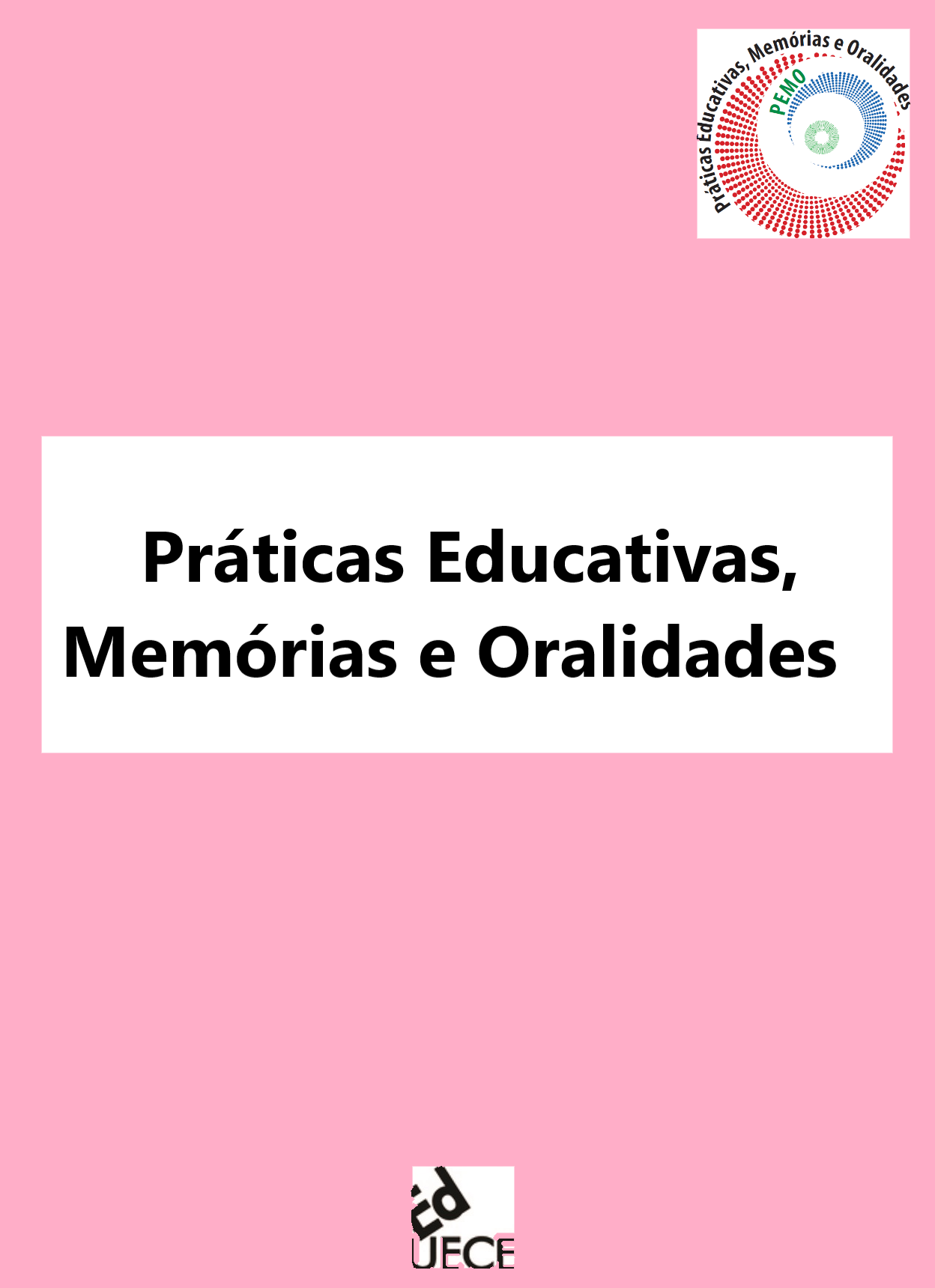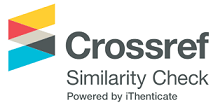The social role of the school in building a culture of peace
DOI:
https://doi.org/10.47149/pemo.v4.e48677Keywords:
Social Role of the School, Culture of Peace, Educational PracticesAbstract
The school is one of the most important spaces for promoting culture, autonomy, diversity, formal education, made up of subjects and the relationships established between them. The objective of the research was to analyze the conception of education professionals about the social role of the school in the construction of a culture of peace, having, as a starting point, the discussion about the practices of construction of a culture of peace in the school context. The methodology was based on a qualitative approach and exploratory research. The data collection instrument was the questionnaire, through Google Forms, with seven participants. The main results showed that the school plays an important role in the process of building a culture of peace, as it is the protagonist in the intellectual, social, political and ethical formation of individuals, responsible for all the educational elements present in its context.
Downloads
References
ATAÍDE, Y. D. B. A educação e a cultura de paz. Revista da FAEEBA, Salvador, n. 14, p. 11-18, jul./dez., 2000.
BARDIN, L. Análise de conteúdo. Trad. Luís Antero Reto e Augusto Pinheiro. Lisboa: Edições 70, 2002.
BRASIL. Constituição da República Federativa do Brasil. Brasília, DF: Senado Federal: Centro Gráfico, 1988.
BRASIL. Ministério da Educação. Base Nacional Comum Curricular. Brasília, 2018.
BRASIL. Ministério da Educação. Parâmetros Curriculares Nacionais para o Ensino Fundamental. Brasília, MEC/SEF, 1997.
DUPRET, L. Cultura de paz e ações sócio-educativas: desafios para a escola contemporânea. In: FACCI, M. G. D.; SILVA, S. M. C.; ANACHE, A. A. Psicologia escolar e educacional. São Paulo, 2002. DOI: https://doi.org/10.1590/S1413-85572002000100013
DUSI, M. L. H. M. A construção da cultura de paz no contexto da instituição escolar. Tese (Dissertação) – Instituto de Psicologia, Universidade de Brasília, Brasília – DF, 2006.
RABBANI, M. J. Educação para a paz: desenvolvimento histórico, objetivos e metodologia. IN: MILANI, F.i M.; JESUS, R. de C. D. P. (Org.). Cultura de paz: estratégias, mapas e bússolas. Salvador: INPAZ, 2003, p. 63-94.
Published
How to Cite
Issue
Section
License
Copyright (c) 2022 Magdala Costa Borba, Thayná da Silva Sales, Givanildo da Silva

This work is licensed under a Creative Commons Attribution 4.0 International License.













